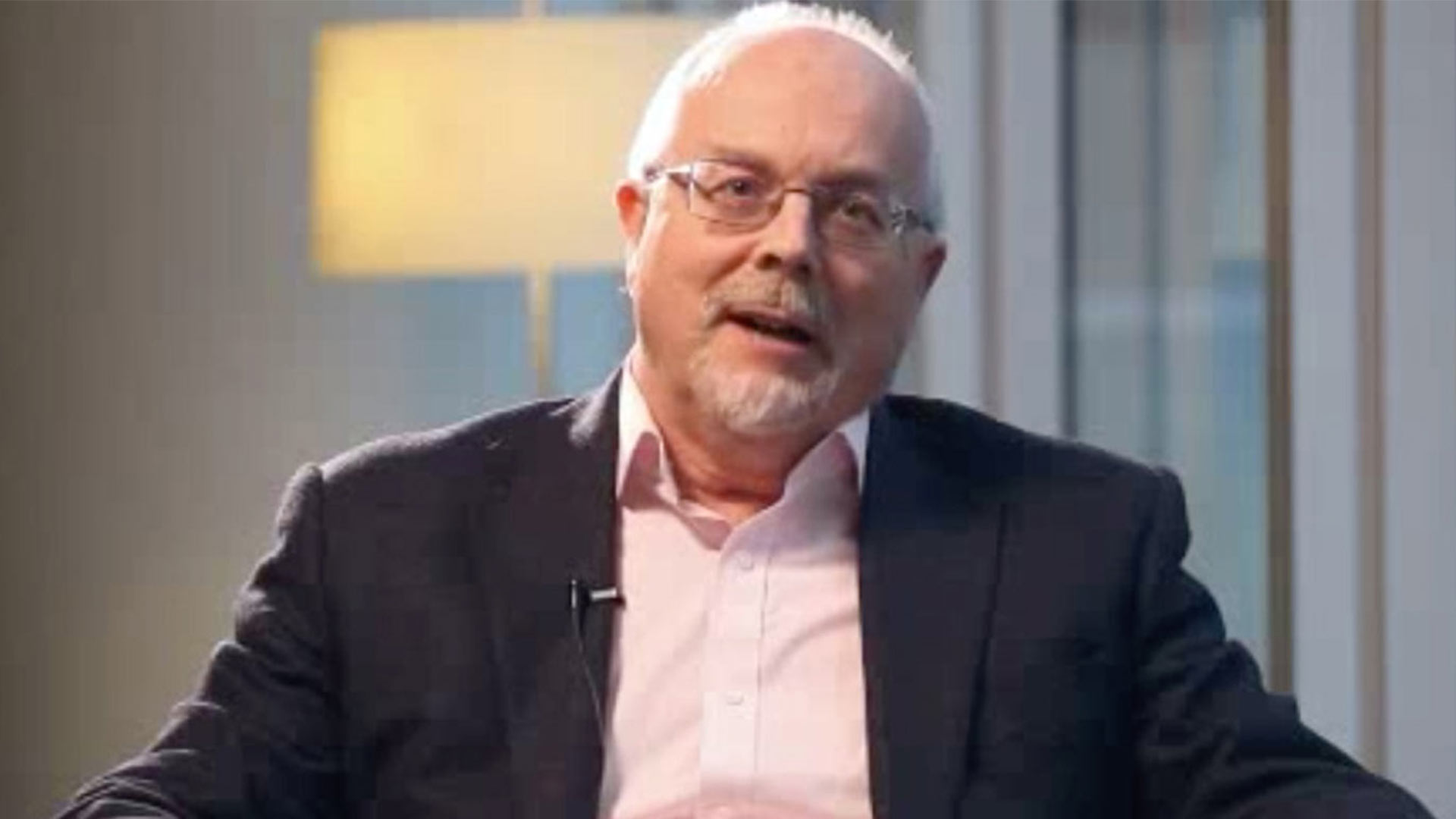
Richard Calnan on jurisprudence
Sir George Jessel
RE | issue 15 | 2019
One of the advantages of the common law tradition is that it enables judges to develop the law. In a parliamentary democracy, that power needs to be exercised with caution, but the best judges can help to mould the law and at the same time to clarify and simplify it. In the twentieth century, Lord Denning led the field. His nineteenth-century equivalent was Sir George Jessel.
Jessel was the first senior Jewish judge in England. He became Master of the Rolls in 1873, a position which he held until his death in 1883. He was also, for a time, a member of the House of Commons and the Solicitor General in Gladstone's first ministry. But it is as Master of the Rolls that he will always be remembered—sitting both as a first instance judge and as a member of the Court of Appeal. He sat as a judge at a time when the quality of the judiciary has never been stronger. But it is Jessel who is best remembered. Why?
In Bleak House, Dickens had portrayed the law’s delay in Jarndyce v Jarndyce. One of Jessel’s great strengths was that he got on with the job. It is said that as a first instance judge he never reserved judgment, and that in the Court of Appeal he only did so twice—in both cases in deference to his colleagues on the bench. As soon as the argument had been completed, Jessel would give his judgment. He did so with a brevity and clarity which few can achieve. And he was hardly ever reversed on appeal.
He was able to do this because of the strength of his personality. A judicial colleague once asked him whether he had actually said: “I may be wrong, but I am never uncertain.” To which he replied: “That is partly true. I said that I was never uncertain.”
The difficulty with case law is that it is an aggregation of single instances. But a good lawyer has an instinct for the right answer to a problem, and the ability to cut through the complexity of the case law in order to rationalise and simplify the law. Jessel’s approach can be seen from his decision in Re Hallett’s Estate in 1880. Henry Hallett was a solicitor. He held some Russian bonds owned by Mrs Cotterill. Without her authority, he sold the bonds and received the proceeds of sale into his bank account. The question for the court was whether Mrs Cotterill was entitled to the proceeds of the bonds in the bank account.
Paradoxically, it was the fact that Mrs Cotterill owned the bonds that caused the problem. If Mr Hallett had owned the bonds and held them on trust for Mrs Cotterill, she would have been entitled to the proceeds as the beneficiary of the trust. But Mr Hallett had no interest in the bonds. He simply held them for Mrs Cotterill. There was no trust and therefore no basis for giving Mrs Cotterill a beneficial interest in the proceeds.
Jessel was having no truck with that. Could it make a difference that Mr Hallett was not a trustee? “I say on principle it is impossible to imagine that there can be any difference.” Mrs Cotterill had owned the bonds. Mr Hallett had wrongfully sold them. Mrs Cotterill was therefore entitled to a beneficial interest in their proceeds. A rule which has applied ever since.
_____________________________________________________________________________________________
First published in RE: issue 15 (2019)
Richard Calnan is a partner with Norton Rose Fulbright in the UK, Visiting Professor at UCL and an author with Oxford University Press. He writes on jurisprudence from an English law perspective.
